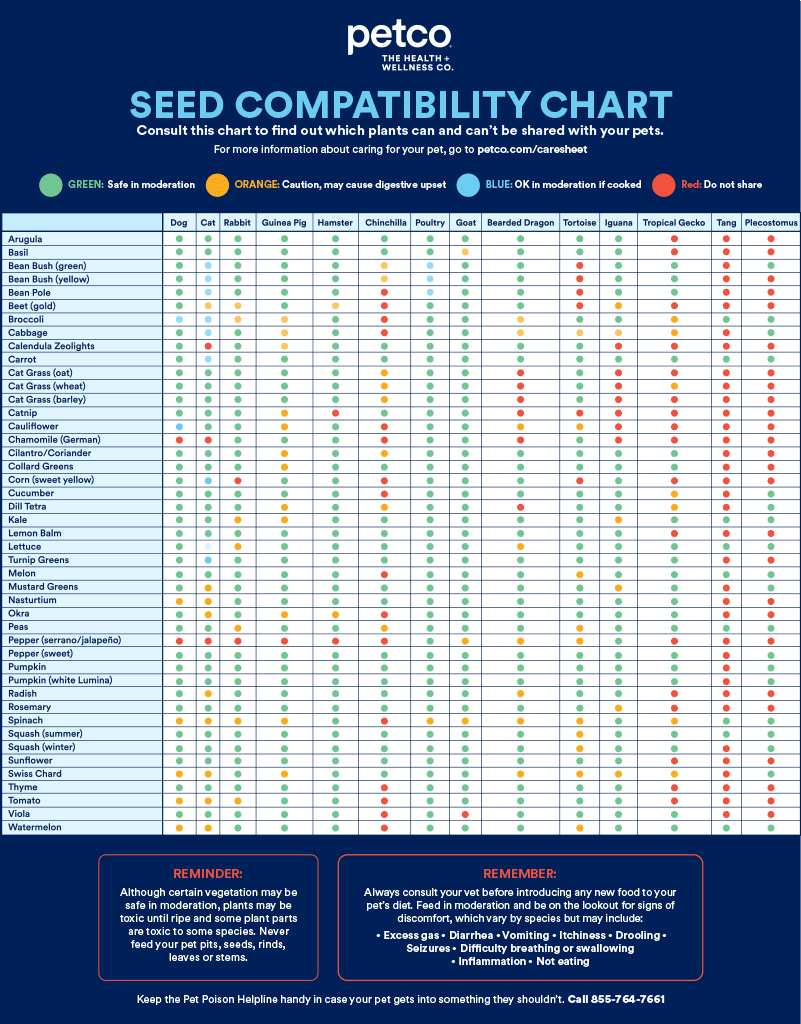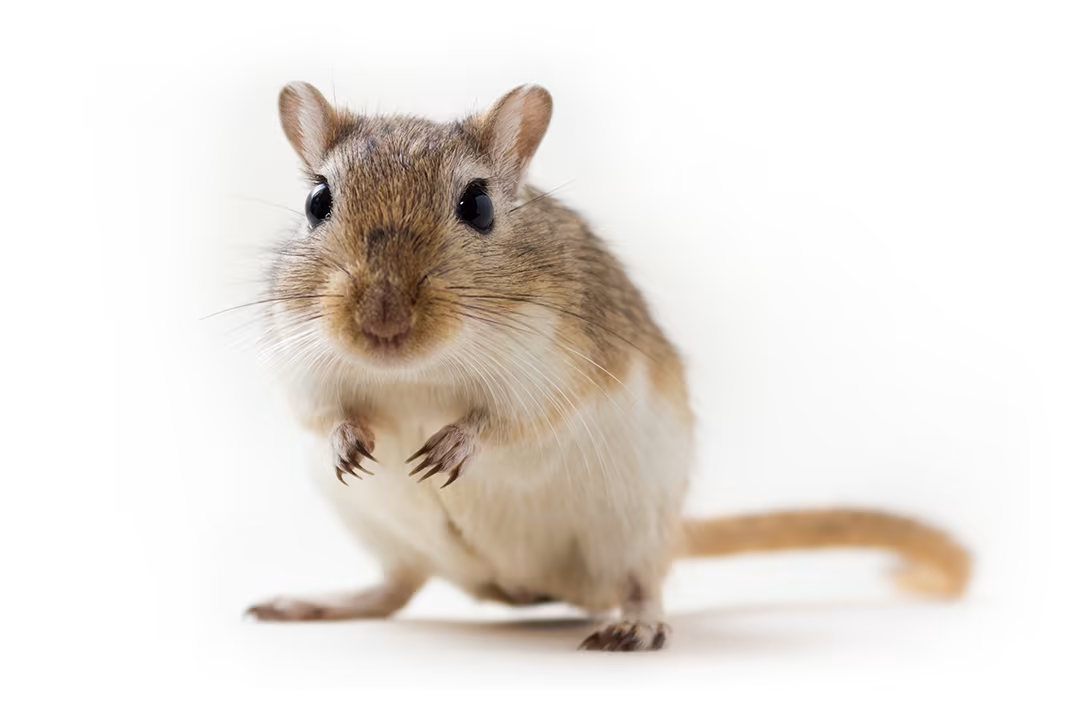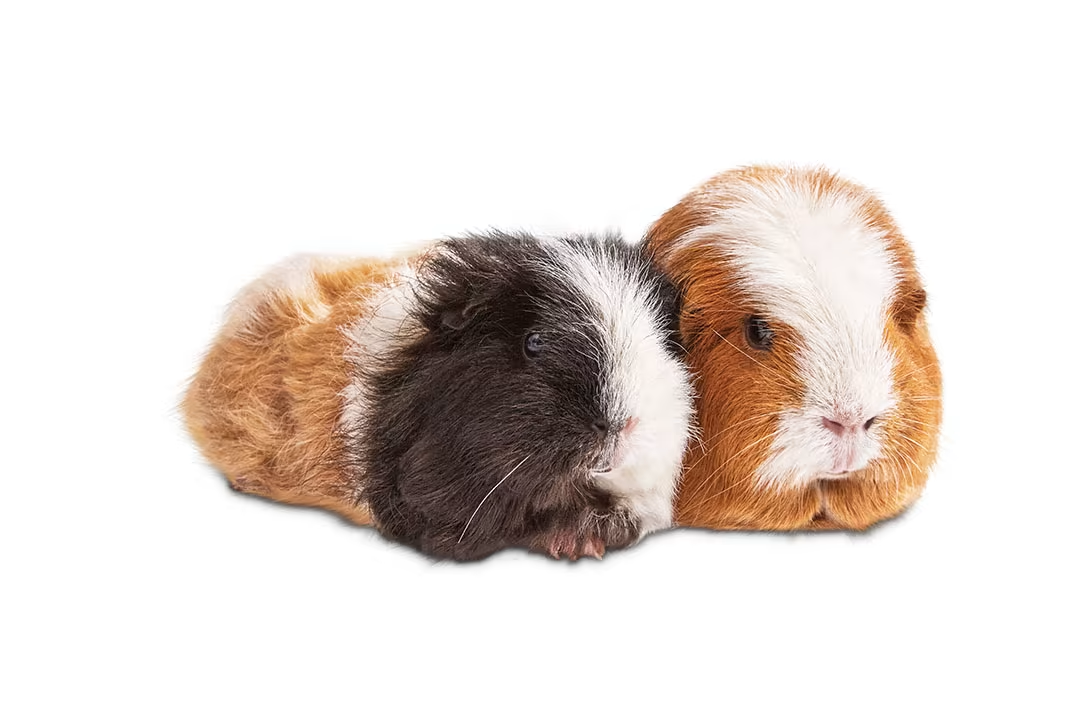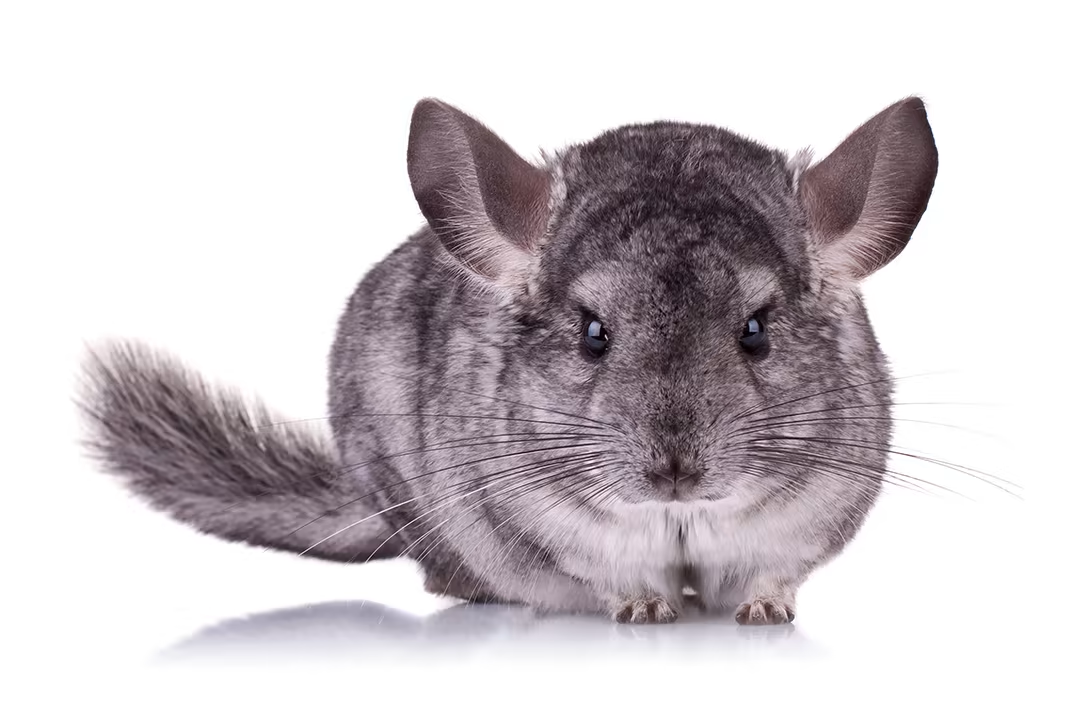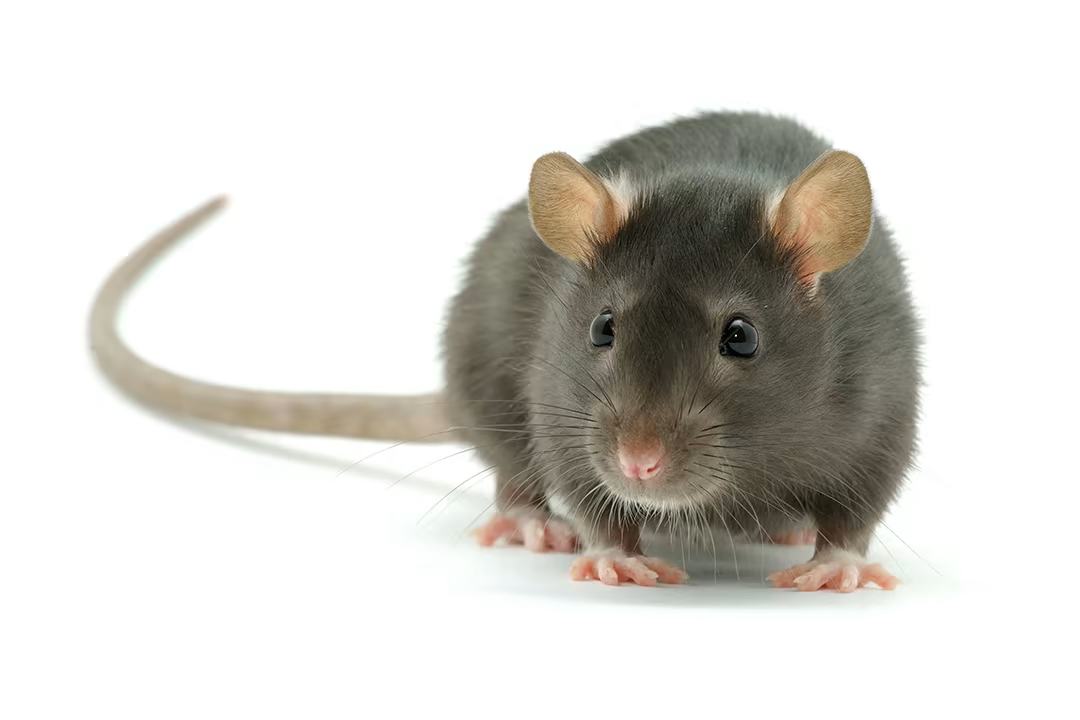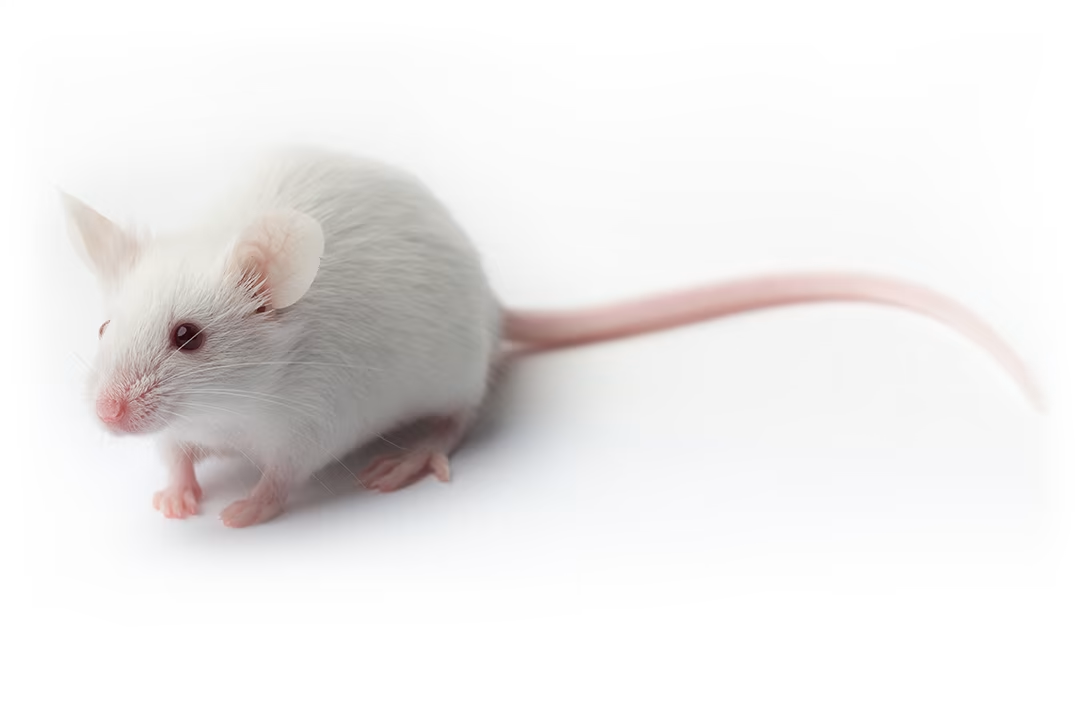Get to Know Your Rabbit: Signs of a Healthy, Happy Pet Bunny
Updated On May 20th, 2025


With their soft coats, twitchy noses and entertaining personalities, it’s not surprising that rabbits are popular pets. But while all of the hype surrounding bunnies is, for the most part, very true—they do make wonderful pets and they are amazingly fun to watch—bringing a rabbit home as a pet is also a big decision that comes with a lot of responsibility. Here’s what you should know about bunnies as you decide if one would make a good addition to your family.
Signs of good health in rabbits
A happy bunny is a healthy bunny and that usually means they demonstrate characteristics like alertness, a healthy appetite, a twitchy nose, strong teeth and a healthy coat:
An alert expression and demeanor
Happy bunnies are curious and inquisitive and have bright, dry eyes. They are very interested in their surroundings and are usually excited to see their pet parents.
A healthy appetite.
While optimal weight varies based on a rabbit’s breed (check with your veterinarian for specifics), typical breeds usually weigh anywhere from 2 pounds (for a dwarf species) to 21 pounds (for larger varieties), an in-shape bunny will have a healthy appetite and will likely enjoy eating and drinking at approximately the same times each day.
A dry, constantly twitching nose.
A healthy rabbit’s nose will be dry with a persistent little twitch. Although experts still aren’t sure why a rabbit’s nose twitches so much, we do know that in the wild rabbits often find their food underground by sniffing it out. A healthy rabbit will have a clean, dry, twitchy nose.
Strong teeth.
A rabbit’s teeth continually grow throughout their lifetime, and dental problems have the potential to become severe. Healthy teeth should be sharp and relatively short in length.
A healthy coat.
Different rabbits have different coat types, so talk with your veterinarian about signs of overall coat health for your specific pet. In general, however, aside from occasional seasonal molting, most rabbits have thick, soft and glossy fur.

Signs your bunny may be sick
In the wild, rabbits often try to hide their injuries or illnesses to avoid making themselves vulnerable to predators. As such, understanding your rabbit’s normal behavior is essential to quickly recognizing when something might be wrong. Keep an eye out for the following symptoms that could mean your rabbit is sick and should visit the veterinarian immediately:
- Lethargy. If happy rabbits are alert and active, then a sick rabbit may appear more tired or low-energy.
- Change in appetite. A sudden loss in appetite or thirst can indicate a problem.
- A wet nose. Rabbits with significant nasal discharge or persistent sneezing should see their veterinarian, as these are symptoms of pasteurella, or what’s commonly referred to as “snuffles.”
- Runny eyes. Watery eyes can also indicate snuffles, allergies or a different medical issue. Be sure to see your veterinarian if your rabbit’s eyes are dull or there is any discharge present.
- Scabby ears. A rabbit with scabby, crusty areas inside their ears could be suffering from an infection known as ear canker. It’s also important to periodically check your rabbit’s ears for mites or wax, as well as any other dirt or debris buildup. A tilt in your rabbit’s head can indicate an inner ear problem.
- Excessive drooling. Malocclusion—or a misalignment of the teeth—can cause significant problems, and excessive drooling may be a sign of this or other dental issues.
- A dull coat. Dull fur, unexplained hair loss, bare spots or excessive itching may point to a parasite or other illness.
- Sore spots on their feet. Besides their toenails, which should be regularly trimmed to stay short and healthy, it’s also important to watch for any crusty, weepy sore spots on your rabbit’s hind feet, which is a condition known as sore hocks.
- Issues with waste. While most rabbits don’t produce much urine, they do poop prolifically. Check that your rabbit’s droppings are round and hard and that their rear-end is clean and dry. A decrease in waste or change in its appearance may indicate poor health. Note, however, that rabbits do produce a feces-like substance called cecotropes; small, soft pellets that are darker and moister than normal feces. Cecotropes contain vital nutrients and it is normal for your rabbit to eat them.
Tips to maintain rabbit health
Now that you know what to look for in a healthy rabbit—as well as signs that they could be sick—you can make sure you stay on top of their essentials. These include:
- A clean habitat. Rabbits spend a lot of time in their homes, so make it a clean and fun area with fresh and safe litter. Clean out any feces or urine daily, and give the enclosure a more thorough cleaning every week to remove all food debris and other dirt. You can also litter box train your rabbit or encourage them to go in one area of their habitat to help keep it clean.
- The proper feeding tools. You’ll need to provide your rabbit with a source of water that can’t get contaminated with debris or feces and a food bowl big enough for their dry food as well as fresh fruits and vegetables and the occasional treats.
- Chew toys. Keep your rabbit’s teeth strong and at the proper length by providing plenty of safe chew toys for them to gnaw on.
- Nail trimmers. Trimming your rabbit’s nails will be easier with a set of animal nail clippers specifically built for small pets.
Rabbits make fantastic pets who can quickly become true members of your family. Help them feel their best by paying attention to any of the signs they might be sick and in need of expert care. For more information on how to care for your rabbit, check out this rabbit care guide or stop into your local Petco store.
Related Articles
Related Questions
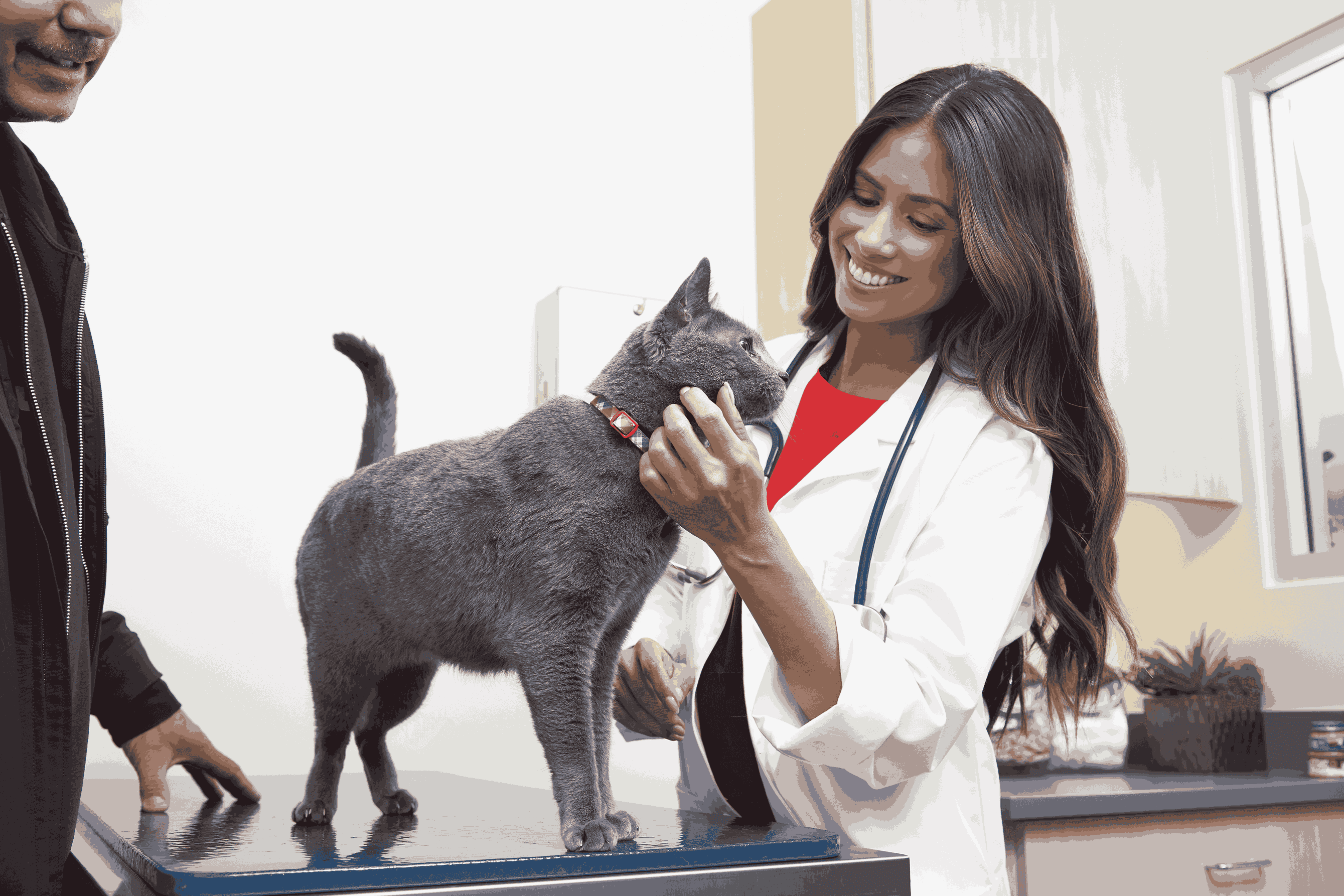
Sponsored
Two Easy Ways to Start Earning Rewards!
Become a member today!Members-only pricing and offers, personalized care notifications, Vital Care points back on every purchase and more!Become a credit card member today!
Earn 2X Pals Rewards points at Petco
when you use Petco Pay!APPLY NOWLearn More About Petco Pay Benefits

